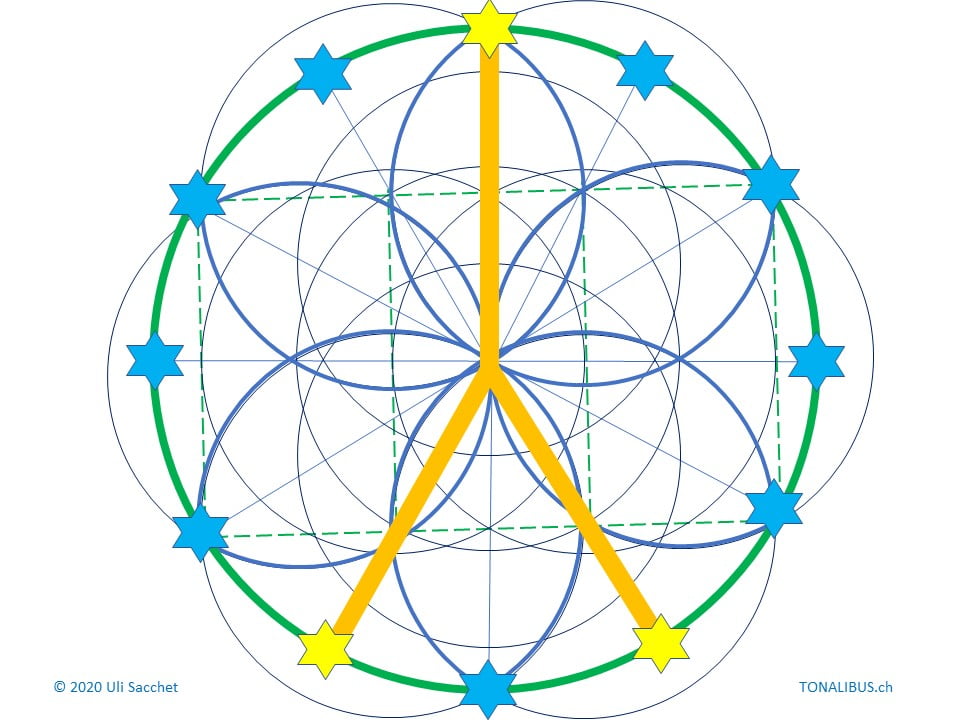Tonalibus in English, German, French, and Italian —
The Tonalibus website is now available also in French and Italian, besides German and the original English. It appears by default in the language of your system settings or your geographic region. You can manually set the language on the bottom left of the screen by selecting the small American, Swiss, French or Italian flag.
It took a lot of fine-tuning to have these languages reasonably well aligned. Actually it was surprising how inconsistent and often inaccurate automatic translation engines still are. One of the supposedly best of them provided the initial translations of the Tonalibus website and continues to dynamically translate elements on this site. Therefore, the previous warning remains in full force: When in doubt about a statement on this website, please refer to the original English version.
Individual sound mantras, exploration courses, and mini-concert sessions
We have formalized the first several steps of individual sound mantra creation. These steps are now available on password-protected Tonalibus website pages to those requesting a sound mantra.
A custom-tailored Tonalibus exploration course series is starting. Its language is Swiss-German. The first of the three-sessions presents a condensed introduction to some key Tonalibus concepts. The second session focuses on determining the personal, fundamental sound and individual tonalities. And the third session is dedicated to practical work with tonality applications and improvisations.
After a short break, due to the current pandemic, open mini-concert sessions resume in December with only half of the few seats in the studio available. Mini-concert session program samples are now accessible on the Tonalibus website in PDF format.
Fidibus shop offerings of Tonalibus continue to develop as they come into more practical use.
An encouraging note received just now, Nov. 19, 2020
Good Morning Uli I thought you might like to know that I am enjoying your creation this morning. I am currently listening to PentaProLa / Pentaion. Thanks for creating this... very nice to listen to while I work. Warm Regards [a friend in California - Pentaion sound sample page]
Tonalibus insights keep evolving — a glimpse ahead…

